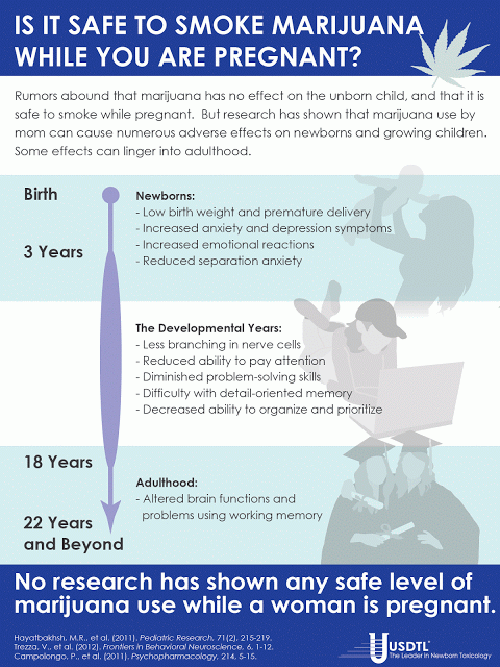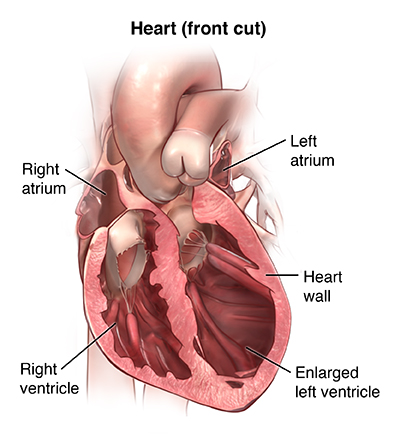3 It also enhances memory and learning by increasing the brain chemical acetylcholine. Evidence for a close connection to brain damage and a key role of the phagocytic NADPH oxidase NOX-2 by Marin Kuntic et al.
 Brain Monoamine Oxidase A Inhibition In Cigarette Smokers Pnas
Brain Monoamine Oxidase A Inhibition In Cigarette Smokers Pnas
1 Short-term e-cigarette vapour exposure causes vascular oxidative stress and dysfunction.

Cigarette effects on brain. The effects of tobacco smoke and nicotine on cognition and the brain. The brain develops extra nicotine receptors to accommodate the large doses of nicotine from tobacco. In this model cigarette smoke also induces heat shock proteins and apoptosis a conserved response to various conditions including oxidative stress Anbarasi et al.
Nicotine from cigarettes is as addictive as heroin. Many constituents have known toxicity to the brain cardiovascular and pulmonary systems. Whats more cigarette smoke-exposed mice had higher levels of amyloid beta plaques in their brain the protein that is known to cause dementia-causing inflammation.
Study shows e-cigarettes affect brain similarly to other nicotine sources January 31 2018 Nicotine-containing electronic cigarettes e-cigs produce brain changes similar to those caused by other nicotine sources such as combustible cigarettes or nicotine lozenges a study sponsored by the National Institute on Drug Abuse indicates. A study by the National Institutes of Health shows that nicotine in cigarettes causes a change in your brain which makes you experience withdrawal symptoms when you try to quit. This is one of the many smoking effects on the brain.
Exposure of rat brain to cigarette smoke results in an increase of ROS and nitric oxide synthase NOS leading to lipid peroxidation protein oxidation and DNA damage. Nicotine poisoning often happens when young children chew nicotine gum or patches that people use to. People like to smoke tobacco largely because of the effects of nicotine.
When the brain stops getting the nicotine its used to the result is nicotine withdrawal. It profoundly affects the neurotransmitters acetylcholine serotonin GABA dopamine norepinephrine and more. The risk of HIV-related cognitive impairment is increased by cigarette smoking which induces brain inflammation in rodent models.
Cigarettes act as a stimulant to the central nervous system. One of the ingredients in tobacco is a mood-altering drug called nicotine. If we also consider the possible effect of the presence of carbon monoxide common in the combustion of tobacco also hinders the oxygenation of the brain and can cause demyelination of the nervous system loss of myelin which results in loss of speed in the transmission of information between neurons.
Nicotine on the other hand by virtue of its short-term actions on the cholinergic system has positive effects on. Once nicotine enters the brain it acts on acetylcholine receptors releasing a flood of brain chemicals including the feel-good neurotransmitters serotonin and dopamine. Effects of electronic cigarettes on the developing human brain Exposure to nicotine from conventional or electronic cigarettes during adolescence can impair the developing human brain.
When this happens you may experience a. Smoking speeds up brain aging. Nicotine addiction is hard to beat because it changes your brain.
In this case youll experience many side effects such as irritability anxiety and that strong urge for nicotine. Nicotines cognitive effects have gained significant attention in recent decades and some non-smokers have even started using nicotine gum or. Nicotine reaches your brain in mere seconds and makes you feel more energized for a while.
But as that effect wears off. According to the National Institutes of Health the nicotine in cigarettes changes your brain which leads to withdrawal symptoms when you try to quit. When you inhale smoke the nicotine makes its way to the brain and using nicotine products can change the way the brain grows.
Tobacco smoke consists of thousands of compounds including nicotine. The teen years are important for brain growth. Cognitive impairment in HIV-1 infection is associated with the induction of chronic proinflammatory responses in the brains of infected individuals.
Out of the approximate 600 chemicals found in tobacco cigarettes nearly 100 have been documented to have pharmacological effects on the human body more specifically on the central nervous system. Your brain grows until you are about 25 years old. E-cigarette useis recognized as a substantial threat to adolescent behavioral health.
/hyperkalemia-symptoms-5ad4e0b0642dca00363403f9.png)

:max_bytes(150000):strip_icc()/information-about-kreteks-and-clove-cigarettes-2825286-5c097c0dc9e77c00014bf2e1.png)






